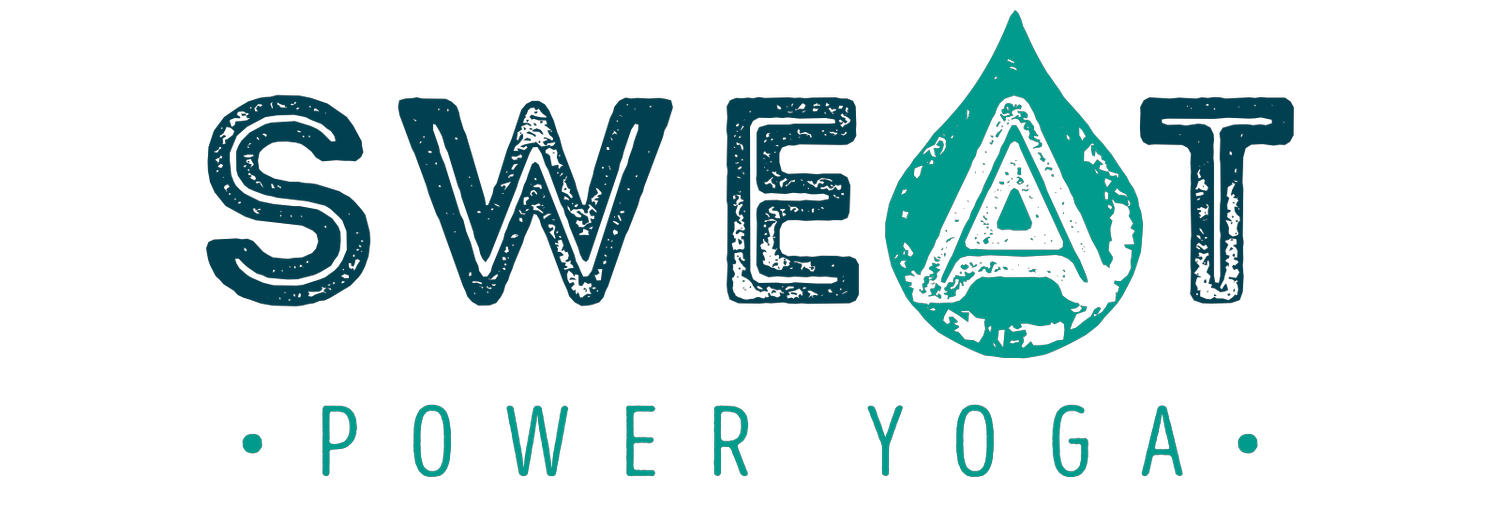Meditation: A Cost-Benefit Analysis
Josh Korda teaches in a lineage that dates back 2600 years, so he’s probably not the first person to call meditation “a blameless endeavor.” However, his succinct, direct explanation about why that’s the case is worthy of some reflection, so here’s what our tattooed Dharma friend has to say:
“[Meditation] is a blameless endeavor – it doesn’t exploit or harm anyone, it doesn’t use up the world’s resources. It simply teaches us how to stop and open to our life without craving or consuming anything and find some degree of peace and tranquility using only awareness, compassion, care, and calm, focused attention.”
Of course, you need not blindly believe what Josh Korda says — in fact, the Buddha himself said not to blindly believe what anyone says — so let’s break down this statement a little bit further: in my experience, to meditate, you need…
a place to sit down
your natural breath
time enough to take said natural breath
a modicum of awareness and calm, focused attention*
(*These things come pre-loaded at birth, as do compassion, care, and calm. But don’t worry if you feel like you can’t access all of this right away. That’s totally normal; just be patient.)
Of course, most things in life come with a catch. In fact, the traditions that have historically taught meditation often preach a universal rule of cause and effect – sometimes called karma – so it’s important to consider the potential fallout of practice.
So in the spirit of full transparency, here’s the financial cost of meditation: _____.
And here’s the number of people your practice could harm: _____.
And here’s the amount of natural resources it uses up: _____.
And here's how sitting impacts the human brain:
a thicker cerebral cortex in areas associated with attention and emotional integration
increased grey matter in the hippocampus, associated with learning and memory
decreased grey matter in the amygdala, which is linked to anxiety, fear, and stress
These structural changes (which can be detected via MRI in as little as eight weeks!), line up with an ever-growing list of research-backed benefits, including decreased stress, anxiety, and depression, reduction of insomnia and sleep issues, improved memory, focus, and recall, increased compassion, empathy, and connectedness, improved relationships, emotional intelligence, and decision making, reduction of chronic pain and support in addiction treatment, protection against Alzheimer’s and Dementia, and support in fighting disease with proof of slowing the progress of HIV – to name a few.
But all of this leads to an important, philosophical question: how many things in life are truly blameless?
Before you answer, it’s important to recognize the difference between “beneficial” and “blameless”: when I go out for a run, I wear sneakers made by a company with a history of exploiting labor; the coffee I’m drinking while writing this blog contributes to increases in the world’s single-use plastics, and when I drive forty-five minutes to teach meditation at a prison, I’m on a noble mission – while also burning up fossil fuels.
In my estimation, the benefits outweigh the cost in each situation, but that doesn't make them blameless. It just means they’re more beneficial than detrimental (at least in my eyes).
With that clear, I’ll ask the question again: how many things in life are truly blameless?
In other words, how many things in life are all benefit, no cost? How many things have only the potential for reward, without the potential for harm?
I can only think of one that meets that requirement: it’s a practice that doesn’t exploit or harm anyone, it doesn’t use up the world’s resources, and it simply teaches us how to stop and open to our life without craving or consuming anything.
Here, we find peace and tranquility, using what’s already available to us – awareness, compassion, care, and a calm, focused attention. In the process, we come to learn that an external search is unnecessary; everything we need has been here all along.
And it’s free. Like free, free – no rebate, no pay later, no trial period. Just free.
Bigger philosophical question: how many things in life can you say that about?

